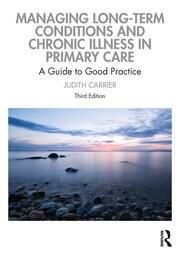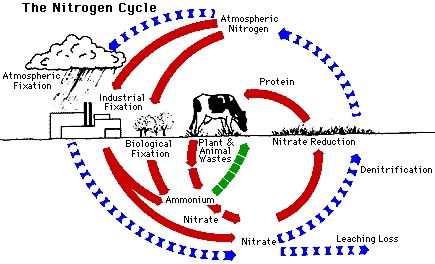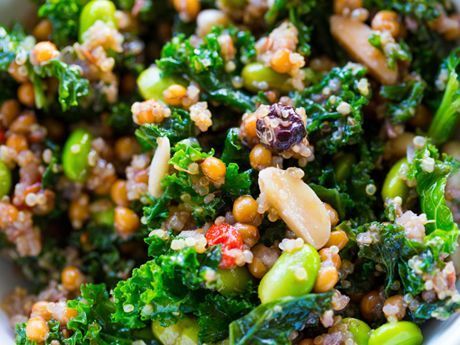As we age, our bodies go through numerous changes that can affect our overall health and well-being. One key aspect of maintaining good health in seniors is ensuring they have a balanced diet and adequate intake of essential nutrients. While eating a nutritious diet should always be the priority, sometimes it can be challenging to meet all the nutritional requirements through food alone. In such cases, supplements can be a valuable addition to help close any nutritional gaps and support optimal health in seniors.
Why Seniors May Need Supplements
As we age, various factors can contribute to nutrient deficiencies among seniors. These factors include decreased appetite, reduced nutrient absorption, changing metabolic rates, and certain medications affecting nutrient levels. Additionally, conditions like osteoporosis, arthritis, or chronic diseases also impact nutrient needs. Supplements can help address these deficiencies and support overall health in seniors.
Essential Supplements for Seniors
1. Calcium and Vitamin D
Calcium and vitamin D are critical for maintaining strong bones and preventing osteoporosis, a condition commonly affecting seniors. A calcium supplement, along with adequate vitamin D, helps maintain bone density and reduce the risk of fractures.
2. Vitamin B12
Vitamin B12 is essential for maintaining healthy nerve function and producing red blood cells. As seniors may have decreased absorption of vitamin B12 from food, a supplement can ensure they meet their daily requirements.
3. Omega-3 Fatty Acids
Omega-3 fatty acids, found in fish oil supplements, are beneficial for heart health and can reduce the risk of inflammation. Seniors who don’t consume enough fatty fish can consider omega-3 supplements to support their heart health.
4. Probiotics
Probiotics are beneficial bacteria that promote a healthy gut environment and aid in digestion. Seniors often experience digestive issues, and probiotic supplements can help improve bowel regularity and overall gut health.
5. Coenzyme Q10
Coenzyme Q10 is an antioxidant that helps generate energy in our cells. As we age, natural CoQ10 production declines, leading to reduced energy levels. Supplementing with CoQ10 can provide an energy boost and support heart health.
Consulting a Healthcare Professional
Before starting any new supplements, it’s crucial for seniors to consult with their healthcare provider. A healthcare professional can assess their individual nutritional needs, existing health conditions, and potential interactions with recommended medications. They can guide seniors in selecting the appropriate supplements and ensure they are taking the right dosage.
Conclusion
While supplements can complement a healthy diet, they should not replace a balanced and varied eating plan. Seniors should strive to eat a wide range of nutrient-rich foods to obtain essential vitamins and minerals. Incorporating supplements, when needed, can help seniors maintain optimal health, bridge nutrient gaps, and support their overall well-being.












